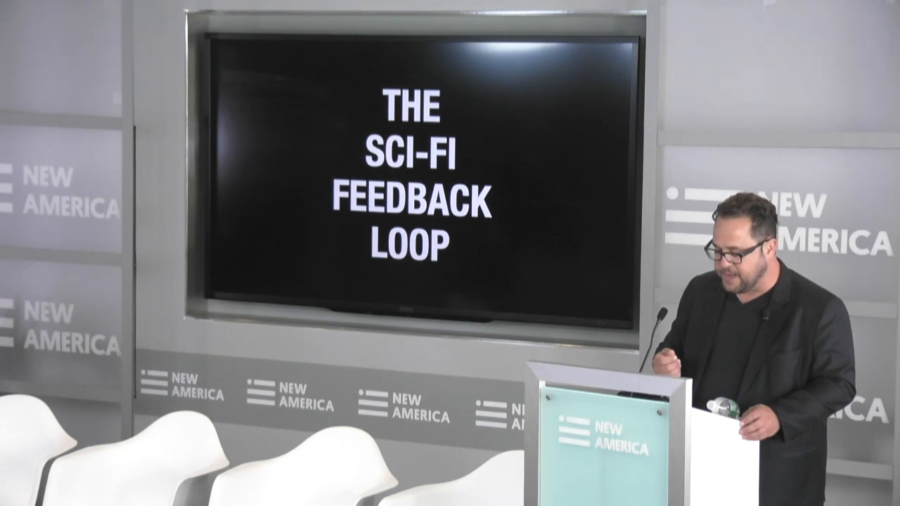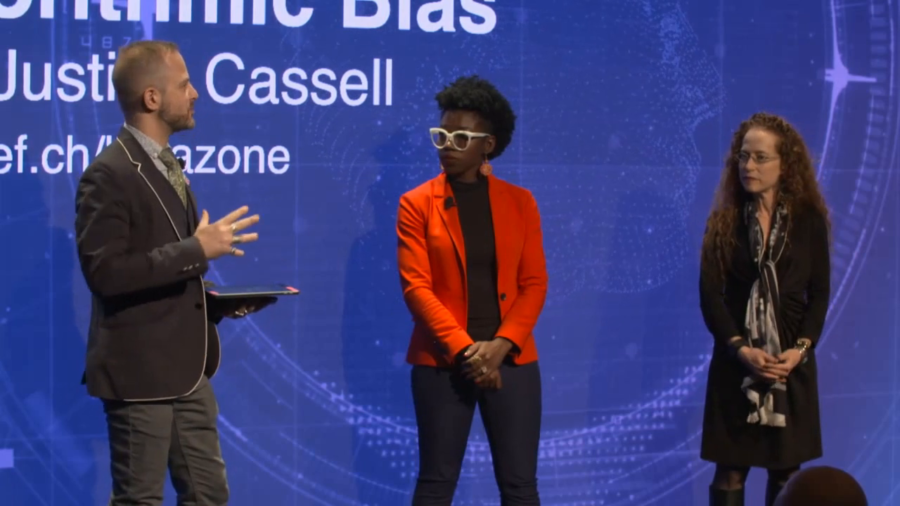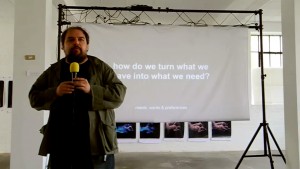When data scientists talk about bias, we talk about quantifiable bias that is a result of let’s say incomplete or incorrect data. And data scientists love living in that world—it’s very comfortable. Why? Because once it’s quantified if you can point out the error you just fix the error. What this does not ask is should you have built the facial recognition technology in the first place?
The Conversation #29 — Lawrence Torcello
presented by Aengus Anderson, Lawrence Torcello, Micah Saul
What's the best way to get over xenophobia? Eradicate the "xeno" portion of it, and then the "phobia" part will evaporate. You have to learn about the other. You have to make them not the other anymore. It's education. We have to be exposed to each other. And not so that we could all be paper copies of one another, but so that we learn to appreciate the diversity in the world. Read more →









